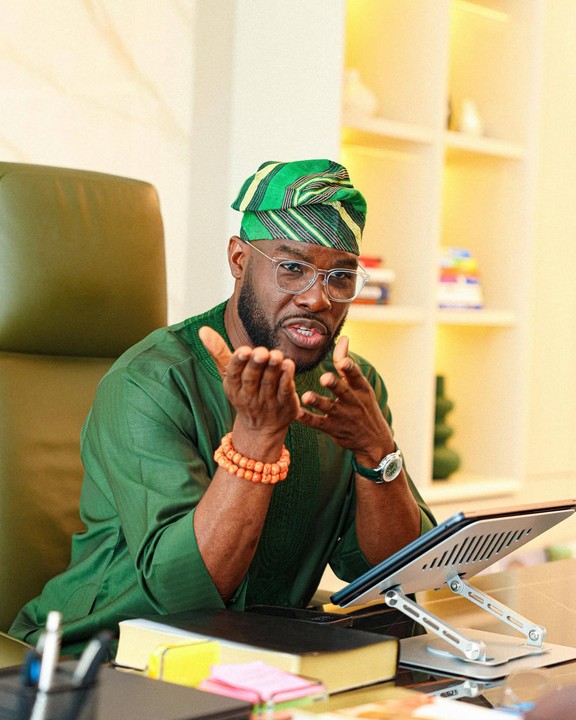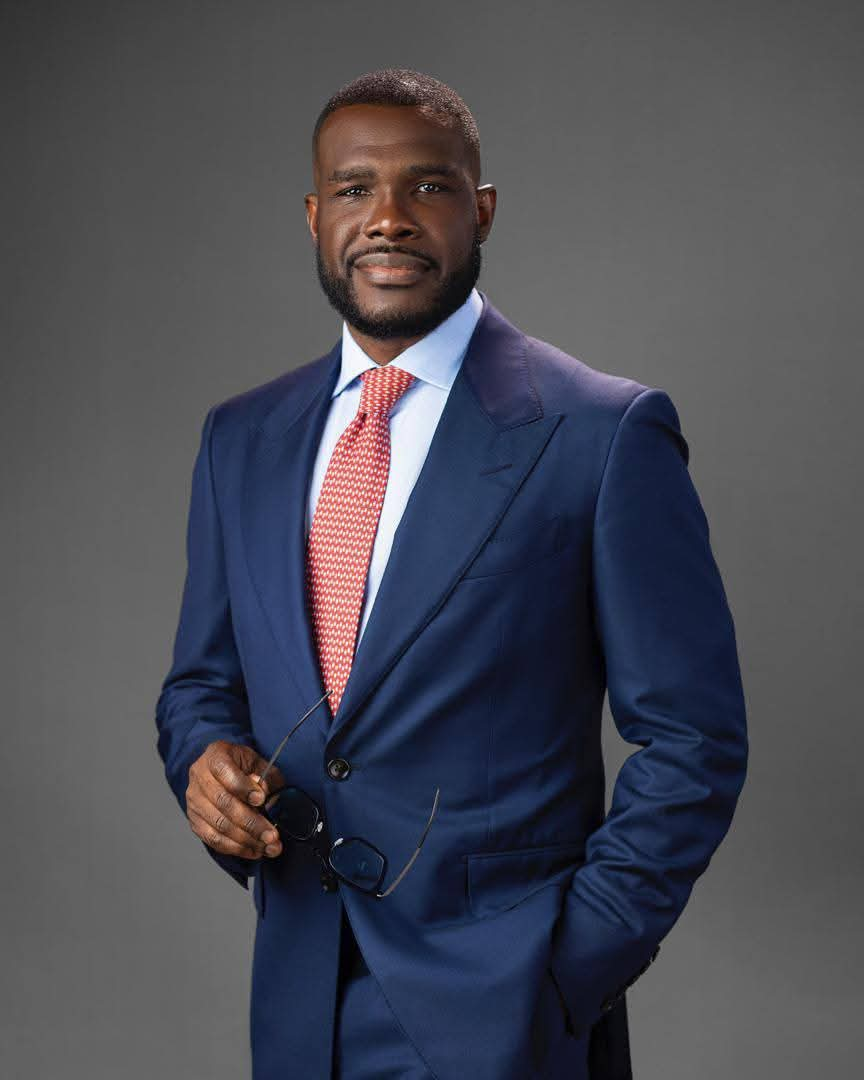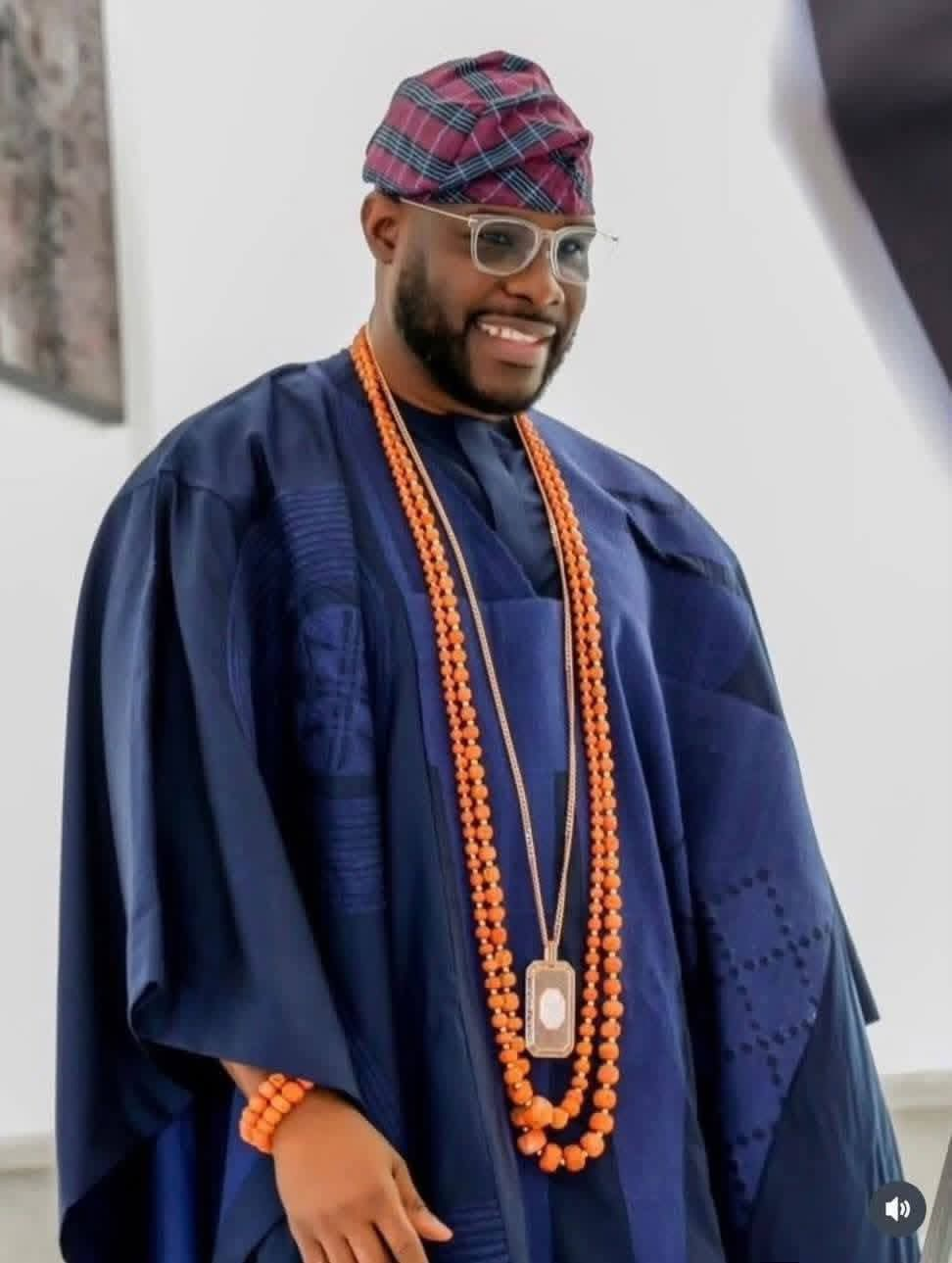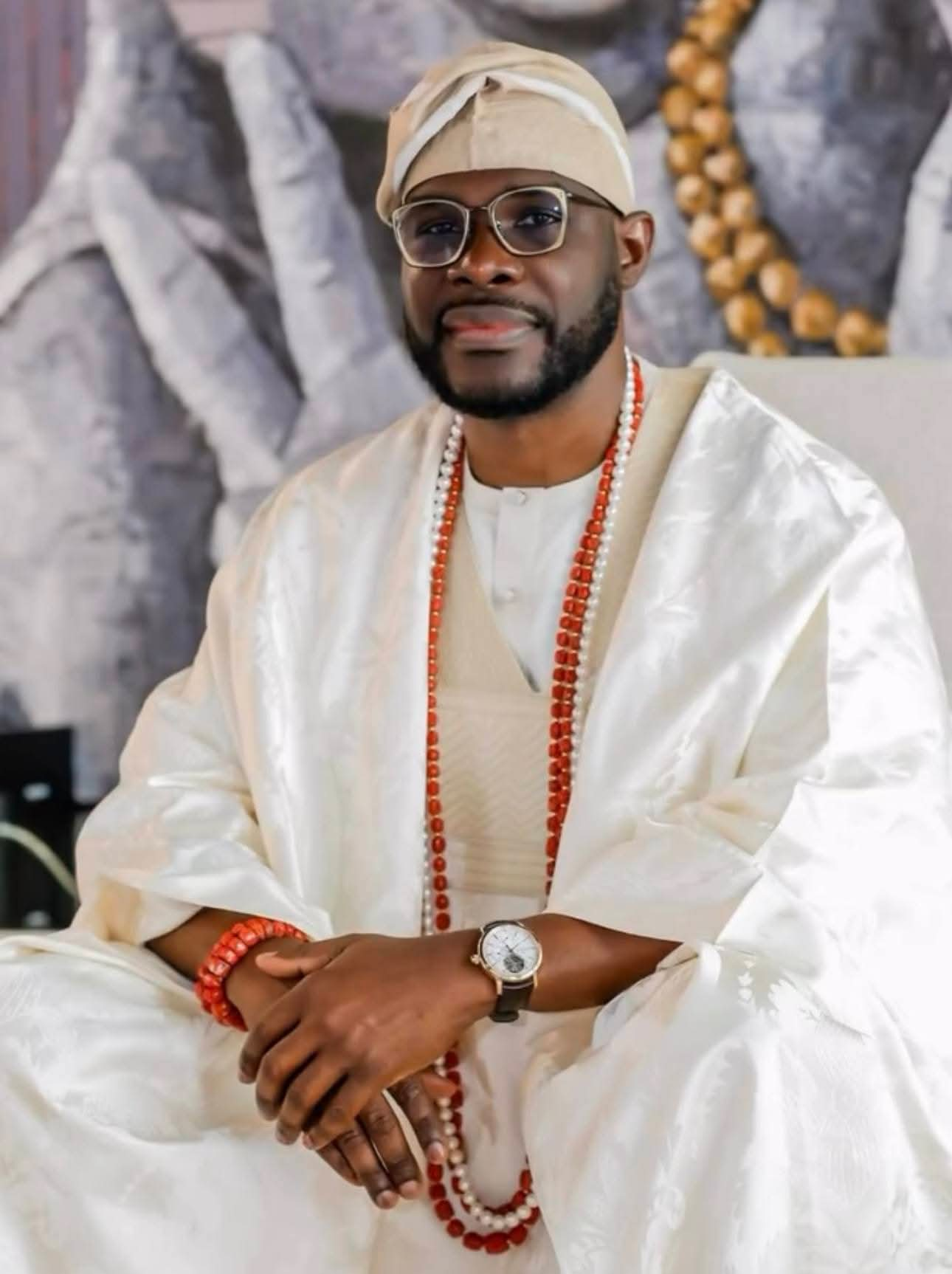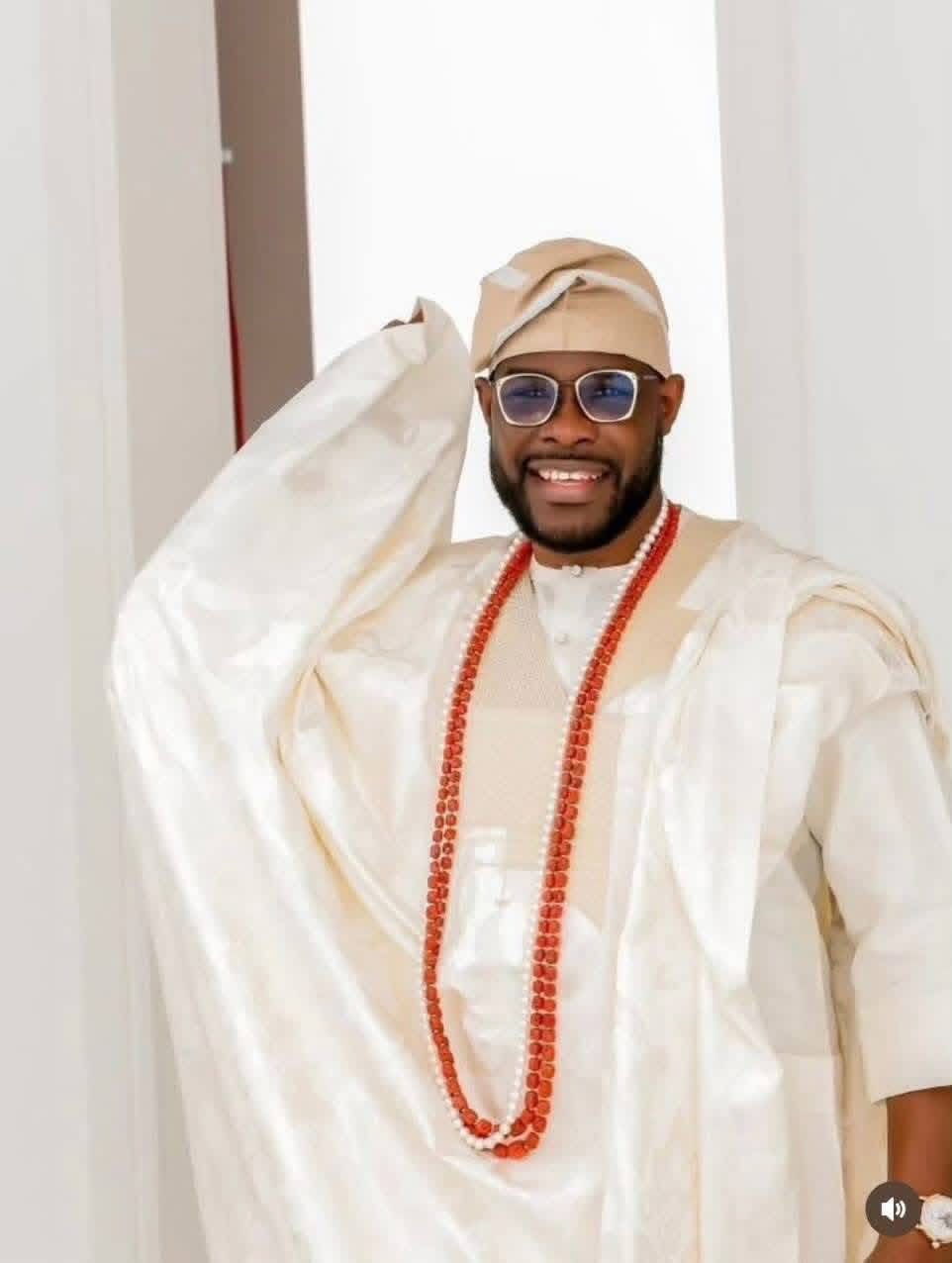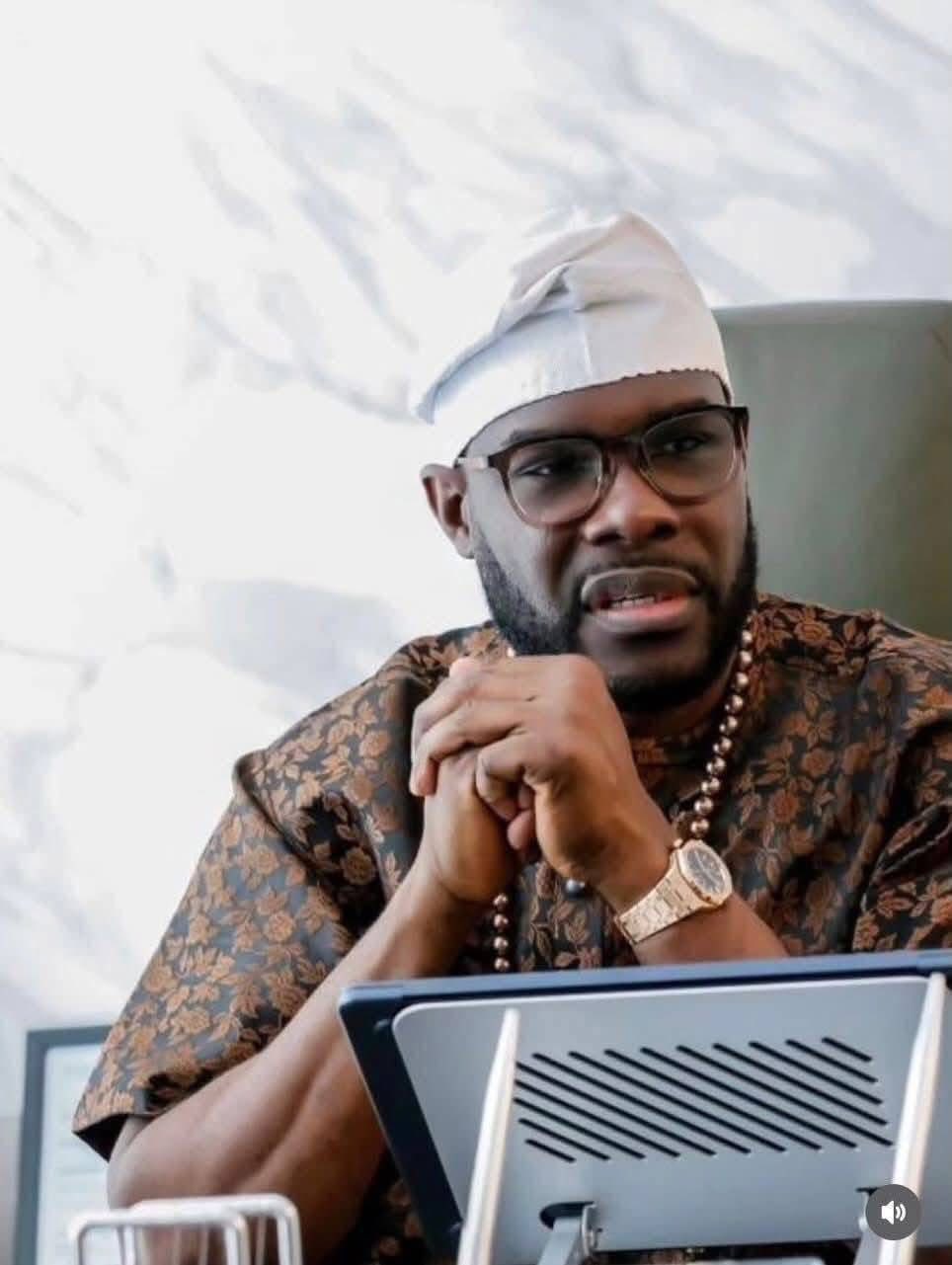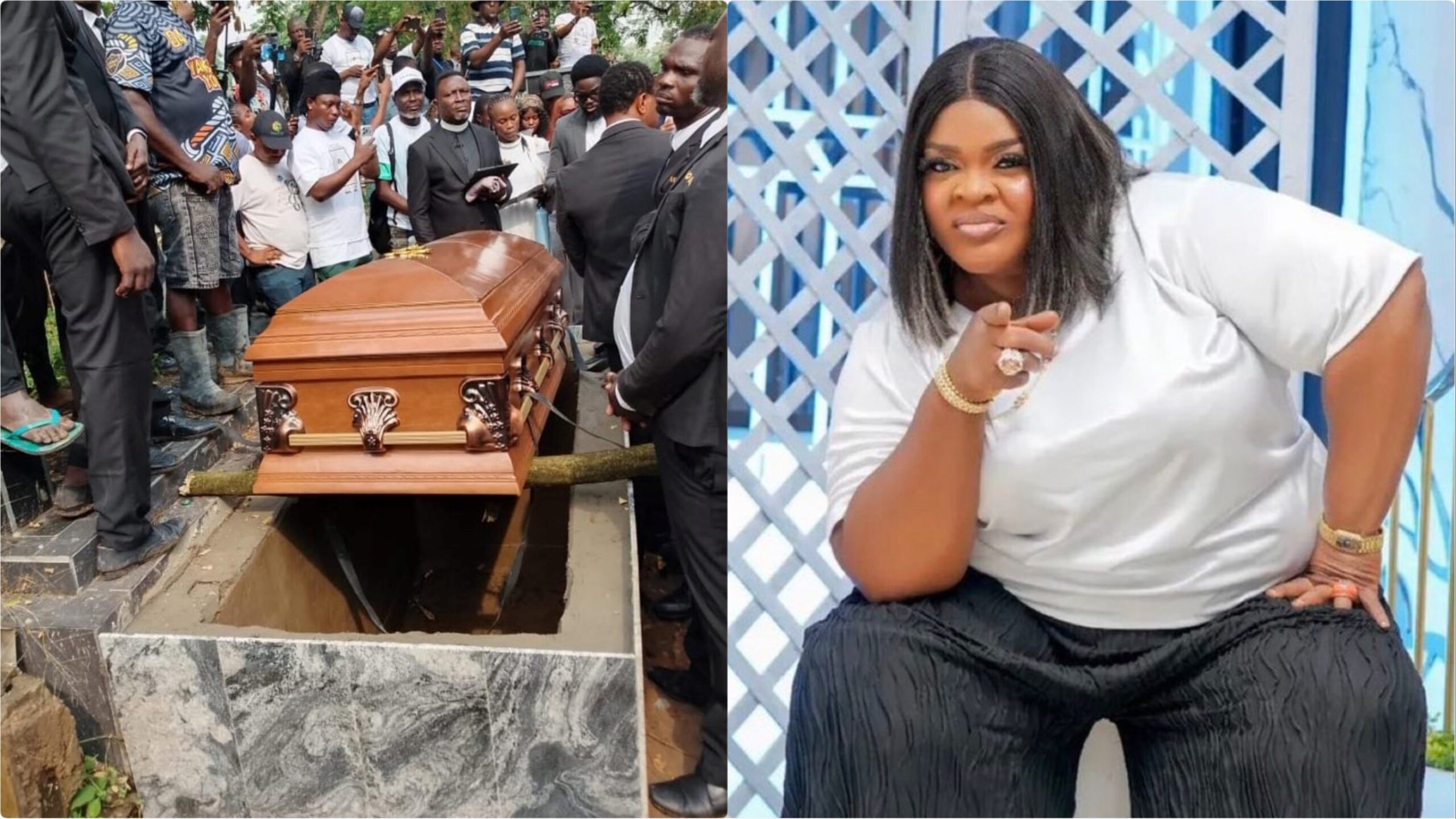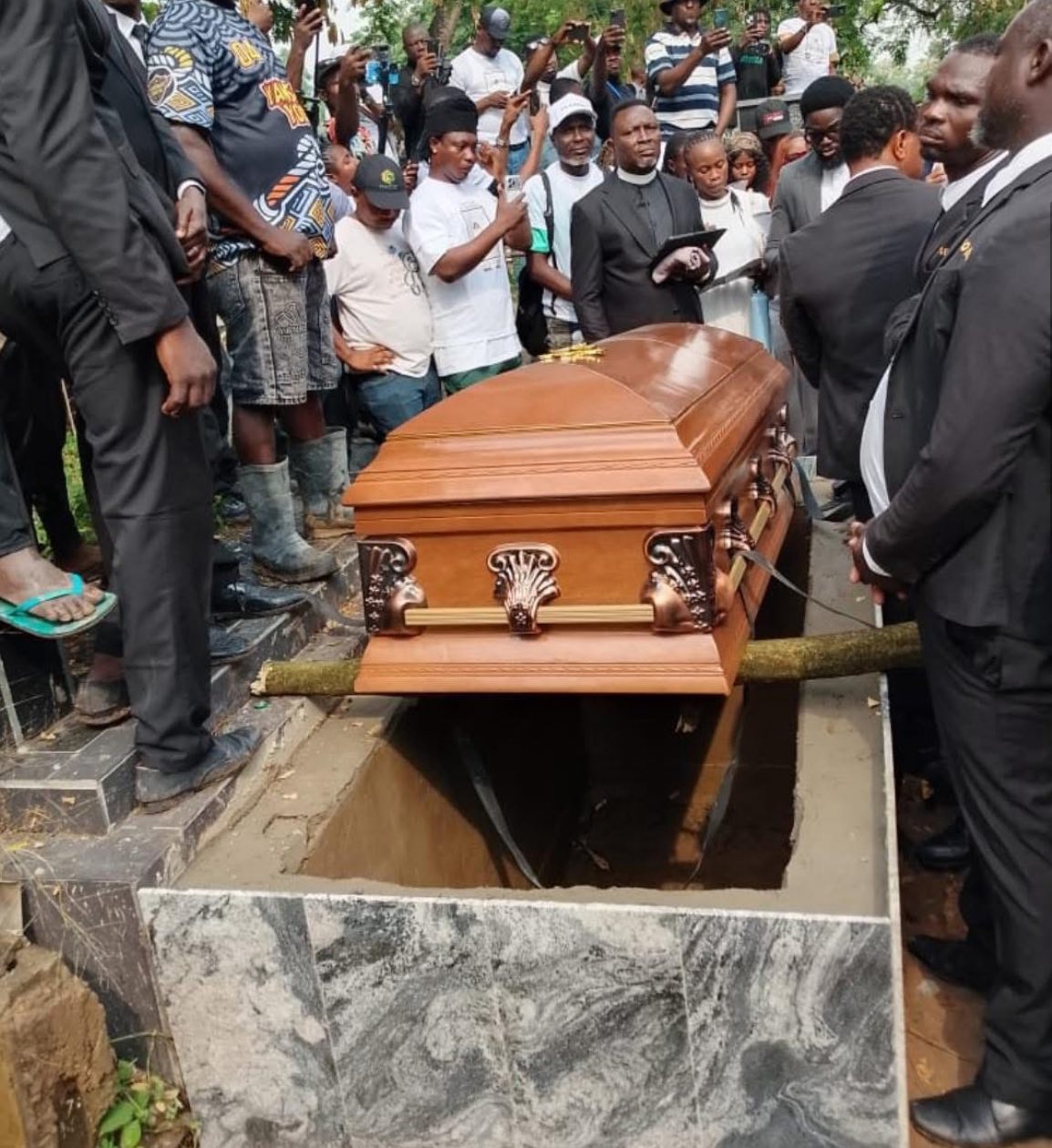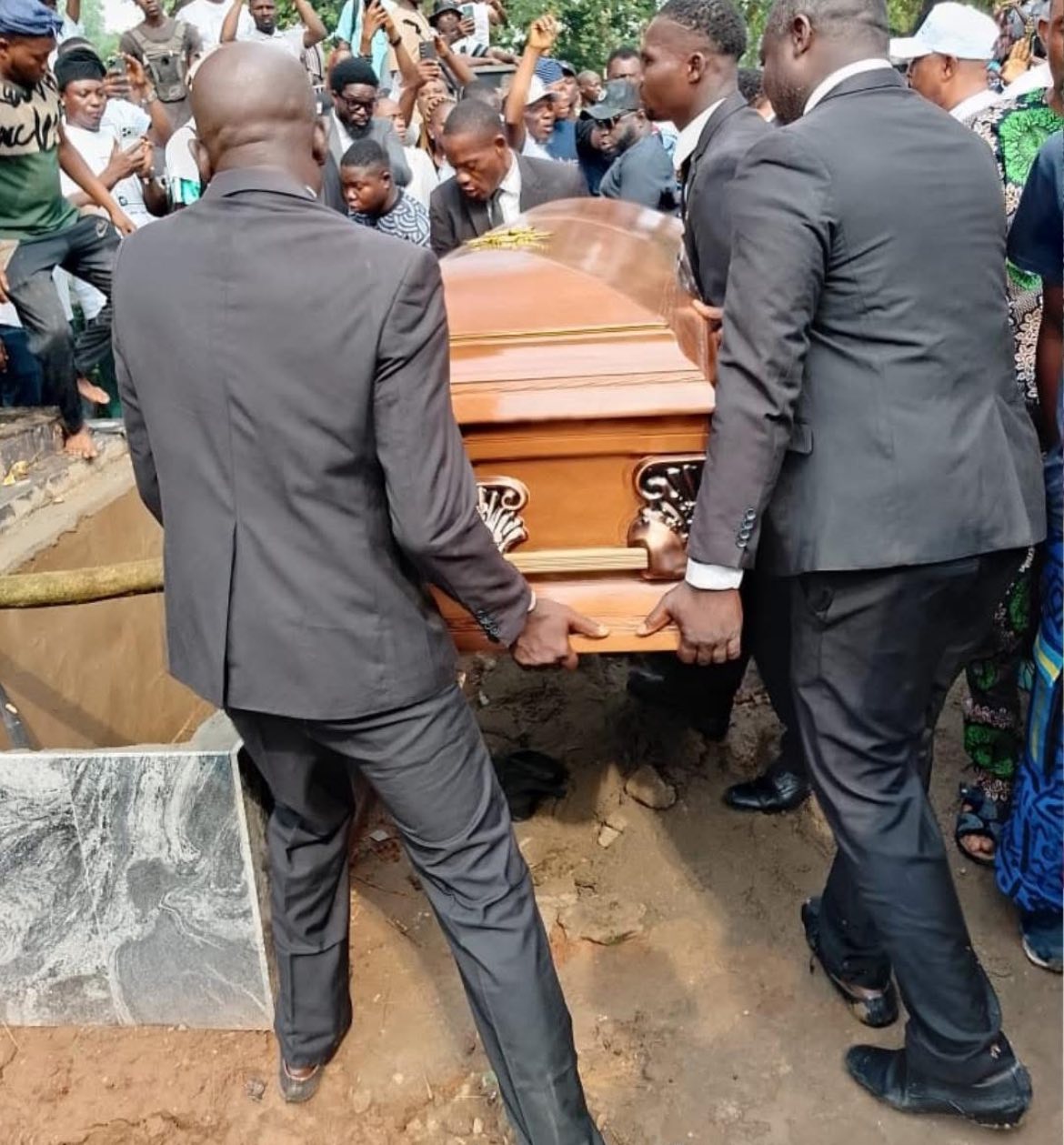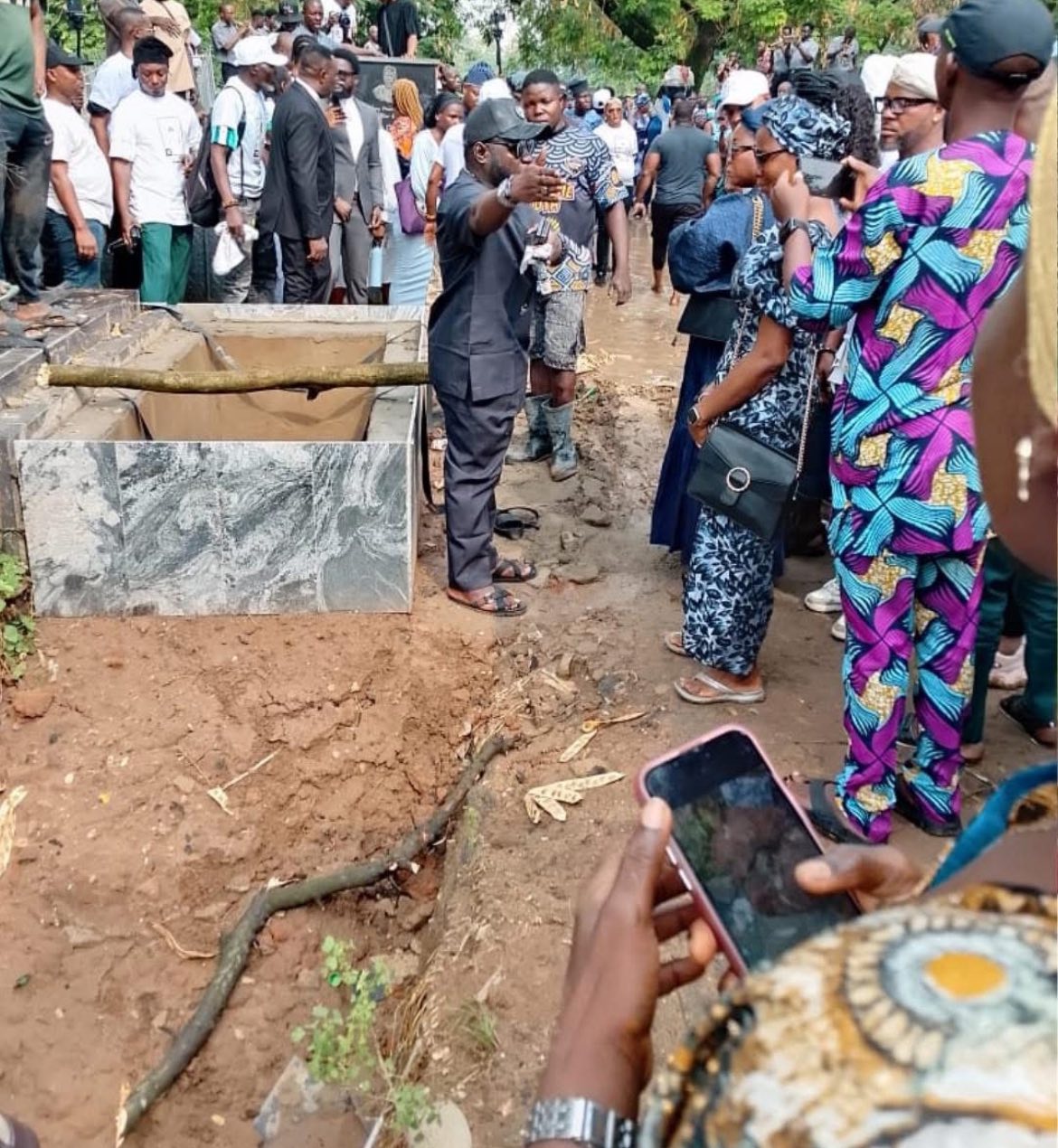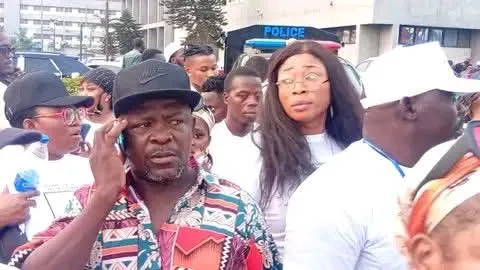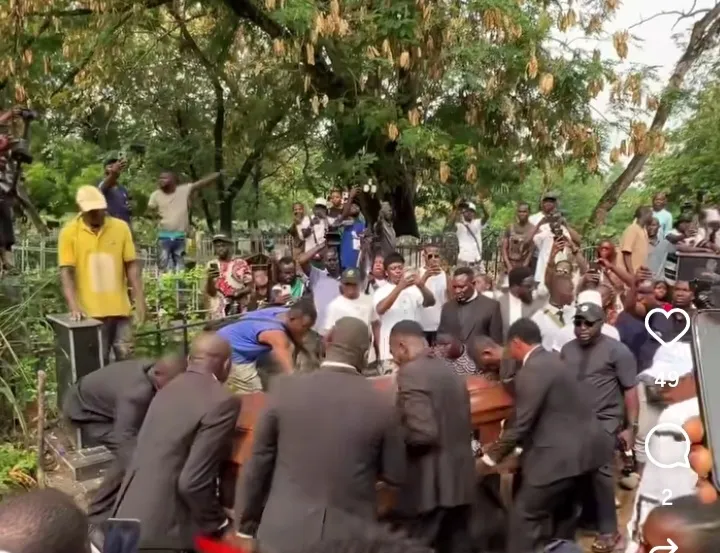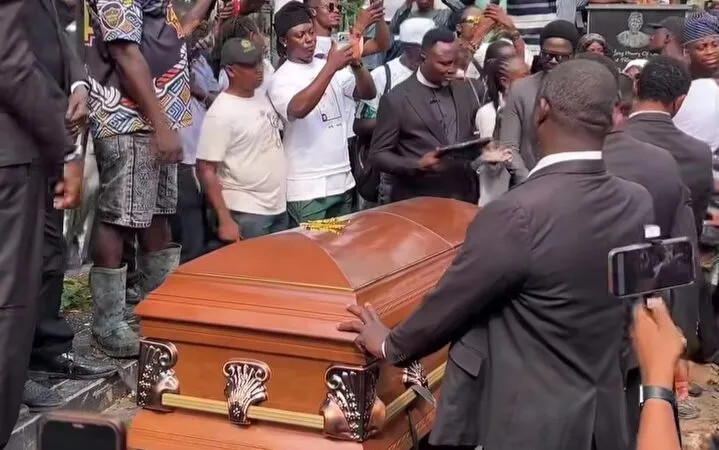Actress, Sunshine Rosman, tells OGHENOVO EGODO-MICHAEL about her career, role played in the movie series, ‘To Kill A Monkey’, and other issues
Tell us about your family background.
My mum is from Imo State and my dad is Canadian. I grew up in the Ijeshatedo area of Surulere, Lagos. Later, I lived in Magodo, then Bode Thomas, before moving back to Ijesha (all in Lagos). I was very much a daddy’s girl and spent a lot of time with him. He was a hands-on father who even cooked for the family sometimes.
How did your journey into acting begin?
Acting is something I’ve always known. My parents always encouraged me. My sisters and I would put together little plays or record songs and make our dad watch them when he came back from work, even when he was exhausted. Many times, he pretended to be happy and applauded us regardless. We were all entertainers in my family and we loved watching movies together.
I remember watching a Marilyn Monroe film and being fascinated by her expressions beyond just her beauty. My dad told me she was one of the biggest actresses in the world, and at that moment, I said to myself, “I want to be like that.”
In what ways did Marilyn Monroe influence your acting or performance style?
Performance-wise, I can’t say I picked much directly from her, but there’s something about her that lights up a room. However, her style has definitely influenced me. Whenever I’m choosing what to wear, she is often on my mood board.
In what ways did ‘To Kill a Monkey’ push you to prepare differently?
The experience was unique. I had auditioned a year earlier but wasn’t initially cast. Just when they were about to start filming, I was contacted to step in for the role. At the exact time, I was supposed to begin my school exams. School has always been tricky for me because of work; when exams come, I focus solely on reading.
I had to choose between deferring the semester or starring in ‘To Kill a Monkey’. I didn’t want an extra year in school, but I had also prophesied that I would one day work with Kemi Adetiba. So, I went ahead to write my exams and thought I had lost the role. During my school break, I didn’t get a call back in time and decided to move on to another project. But then I had a dream where I saw myself moving across film sets in full hair and make-up. I strongly believed it was Kemi Adetiba’s set.
A few days later, I got the call. Ironically, I was at a radio interview telling them I was going to star in her film, even though I hadn’t been called yet. When the call finally came, everything fell into place.
What strong lesson did the movie teach you?
I would say that there are many “Efes” in our daily lives. In the story, no one was completely innocent— it wasn’t black and white. Each character had both good sides and flaws. I have learnt that people who glorify themselves as good may still have hidden dirt.
From Amanda Sparkles’ (her character in the movie)’s perspective, the lesson is clear: when a man brings you down, don’t stay there; flip the script.
You’ve worked across genres from comedy to drama. What helps you adapt to such contrasting roles?
I use anchors— inspirations for the characters I play. For Sparkles, it was high-class Lagos “runs” girls. These anchors could be a person, an object, or multiple things at once. Amanda Sparkles was a blend of my personal experiences and those of other women I’ve observed. Sometimes, I just sit in a club and watch people. Above all, God’s grace helps me.
How has your experience learning French and your openness to mastering other languages shaped your career?
I must clarify that I don’t speak French fluently. The rumours may have come from an interview I did years ago when I was studying at Alliance Française in Ikoyi. At the time, I had just finished my first class and could hold basic conversations. I even switched my phone language to French to immerse myself.
During an interview, I mentioned that I spoke “a little French,” which was an exaggeration. While I can understand a few words if spoken slowly, I am far from fluent.
That said, I remain fascinated by languages. If a role requires me to learn one, I’ll do the work. Whether it’s spending time in an Indian community or immersing myself in Spanish culture, I am open to the challenge. Being multilingual as an actress creates more opportunities.
Your mixed heritage gives you a bicultural perspective. How does that shape how you interpret characters?
Being biracial is sometimes an advantage, but often a disadvantage. Casting-wise, people struggle to place me. My features don’t always fit the typical Nigerian look, yet I don’t fully look foreign either.
For instance, if I’m cast as a daughter, they may have to recast one of the parents to make the family look believable. In international films, they face the same challenge. I fall in between.
Would you say your relationship with Bucci Franklin contributes to your on-screen chemistry?
I can’t speak to that directly, but Bucci is an extraordinary actor; truly a gift. I have had the honour of working with him several times, and each time was a privilege. Beyond his talent, he is a fantastic person with a great character. In this industry, it’s not just about working with skilled people but with good-hearted ones too. I look forward to more projects with him.
You volunteer for a charity organisation. What is that like?
The organisation was founded by my mother and supported by my late father. It has always been a family commitment; something I’ve done since childhood and will continue for life. Recently, my mum opened an orphanage in Abia State with about eight girls under her care.
What are your ambitions beyond Nollywood?
I want to feature in all the “woods”— Nollywood, Hollywood, Bollywood, even the Asian and British film industries. My dream is to be an international actor, not just a Nigerian one. I want roles that challenge me and push me beyond my comfort zone. I don’t want to limit myself in any way.
How do you feel about sharing the same birthday with your mum?
It makes me feel special. It’s a bond I truly cherish. As a child, I sometimes wished for my own birthday, since my sisters had theirs. I even felt jealous at times. But growing older, I’ve come to see it as a blessing.
Are there roles that are off-limits for you?
Yes. I’ve restricted intimacy scenes. Too often, producers see a beautiful girl and the first instinct is to sexualise her on screen. Sometimes, even costumes for simple roles like an office worker are unnecessarily provocative. Some directors exploit that.
I am not interested in being reduced to an object of desire, except if there’s a powerful message behind it. For example, Amanda Sparkles wasn’t just a prostitute; she was central to Oboz’s downfall and brought depth to the story.
Is there a dream role or project outside acting you’d love to pursue?
Yes. I’m a businesswoman at heart. I love fashion, haircare, skincare, and make-up. That side of me hasn’t been fully revealed yet, but soon people will meet Shine, the businesswoman.
Outside of business, how do you unwind?
I love serene places, especially being by the beach or a lake. I also treasure time with my family and close friends.
FOLLOW US ON:
FACEBOOK
TWITTER
PINTEREST
TIKTOK
YOUTUBE
LINKEDIN
TUMBLR
INSTAGRAM

 News5 hours ago
News5 hours ago
 Politics5 hours ago
Politics5 hours ago
 News5 hours ago
News5 hours ago
 News5 hours ago
News5 hours ago
 News4 hours ago
News4 hours ago
 Crime5 hours ago
Crime5 hours ago
 Politics4 hours ago
Politics4 hours ago
 News3 hours ago
News3 hours ago


